
SHILLONG, JUNE 15: Union minister of social justice and empowerment Thaawarchand Gehlot said that the centre is in the process of finalizing the first ‘National Policy on Drug Demand Reduction’ to curb the menace of drug ‘abuse’ and ‘trafficking’ in the country.
“We are in the process of finalizing the first National Policy on Drug Demand Reduction which involves the Government, Non-Governmental Organizations and other stakeholders,” Gehlot said.
Gehlot was addressing the inauguration of the first Regional Workshop on ‘Prevention of Substance (Drugs) Abuse’ in the north east held in Shillong on Monday. He said, Prime Minister Narendra Modi has also shown deep concern over the menace of drug abuse among youth through his radio programme ‘Mann Ki Baat’ in December last year where he emphasized the role of parents, family and community in combating this problem and maintained a healthy and supportive environment in the family for the persons affected by drug abuse.
Stating drug abuse occurs because of two factors – the availability of drugs and the psycho-social conditions which result in their abuse, Gehlot said, “There are a supply and a demand aspect to the problem.”
According to him, whereas the supply side controls are being handled by the Department of Revenue and the Ministry of Home Affairs at the national level and the law enforcement agencies at the state level, the aspects of demand reduction are being handled by the Ministry of Social Justice and Empowerment.
Gehlot also informed that India has close proximity to two major opium cultivating areas – Golden Crescent countries (Iran-Afghanistan-Pakistan) in the West and the Golden Triangle countries (Myanmar-Laos-Thailand) on the East which makes it a region of transit as well as destination for illicit drugs.
Stating this has added to the menace, Gehlot said, “This menace needs to be tackled urgently and holistically so that different sections of the society, especially the youth do not fall prey to it,” adding “There are reports of illicit cultivation of opium in some of Northern, Eastern and North Eastern states of India.”
Gehlot further informed that the Ministry has designated 12 non-Governmental Organizations having wide experience in the field of Prevention of Drug Abuse as Regional Resource and Training Centres (RRTCs) in different regions of the country which include three in the North East – Nagaland, Mizoram and Manipur.
The de-addiction and rehabilitation centres are run by the NGOs, which are assisted by the Ministry under the Central Sector Scheme for Prevention of Alcoholism and Drug Abuse, Gehlot said.
Gehlot, however, said that in the north east, it has been observed that there are many NGOs working in the field of Drug Abuse Prevention like in Manipur; there are no voluntary organizations in other states like Tripura.
“I request the representatives of these states to have a look at this and identify the pockets of drug abuse and recommend the organizations genuinely working in this field to get assistance from the Ministry,” he said while informing that presently the Ministry provides financial assistance of approximately Rs 4 to crore to around 50 ngos in NE region.
According to him, steps have also been taken to streamline and simplify the system of release of grant in aid by introducing online processing of proposals for grant-in-aid at all levels – organization, district, state and centre.
“I also request the state governments to monitor the working of the ngos on a regular basis to ensure that the funds are utilized properly and the benefit reaches to the drug dependent persons,” he said.
According to him, the workshop is to equip the participants with the necessary expertise and knowledge tools to spread awareness among different sections of the society of the menace of drug abuse and to sensitize them to its ill effects.
Union minister of state for social justice and empowerment Vijay Sampla said, “Drug abuse and illicit trafficking continue to have a profoundly negative impact on development and stability across the world.”
Stating that drugs and alcohol not only affects the health of an individual but also the basic foundation of society, he said, “Therefore, the menace of drug abuse and alcoholism is a matter of serious concern and requires concerted efforts from all stakeholders to bring about its eradication.”
Ministry’s secretary Anita Agnihotri also informed that as per the reports, drug abuse is rapidly increasing especially in the border states of North, Northwest and Northeast India which serve as transit zones for drug traffickers. In such conditions, youth are becoming highly vulnerable to drug addiction.- By Our Reporter



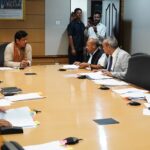
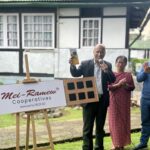

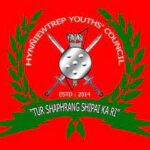







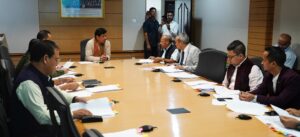
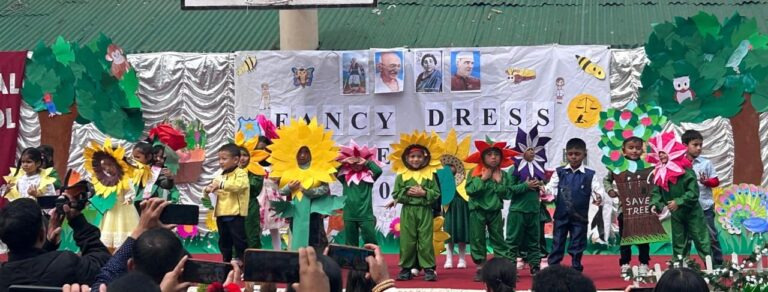
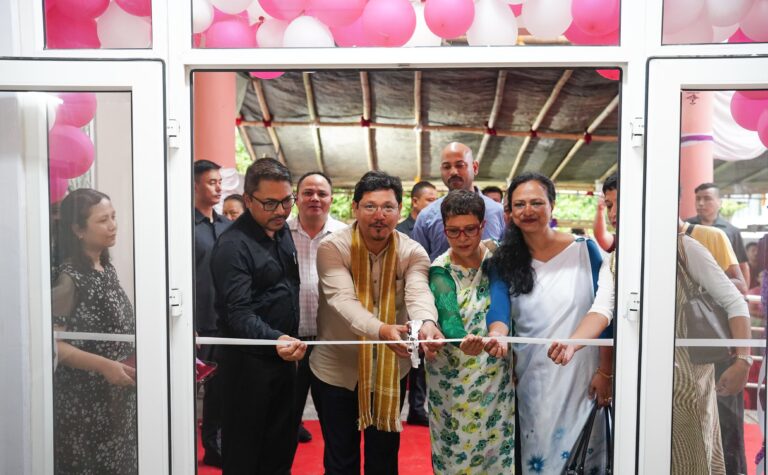
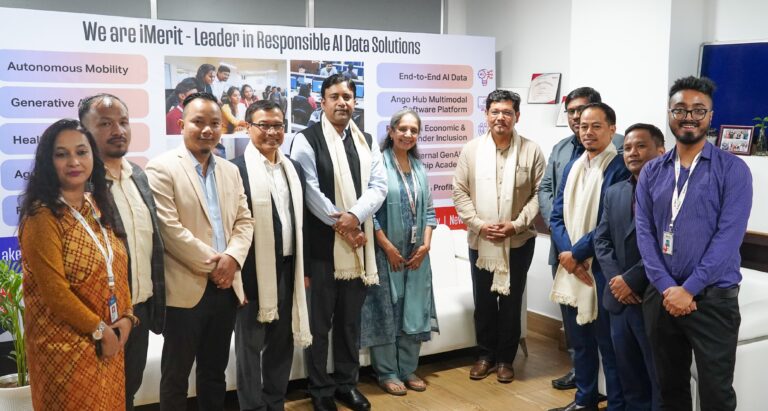
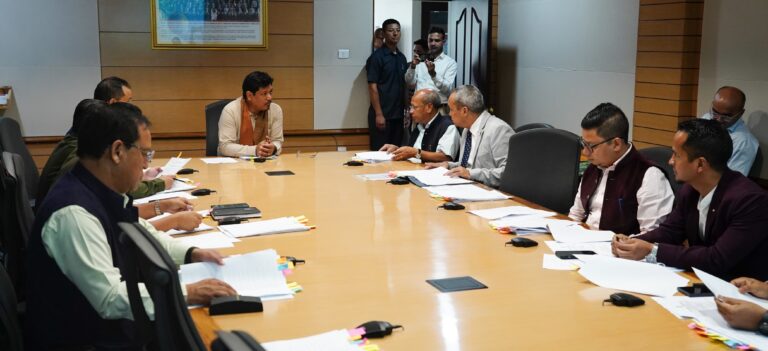
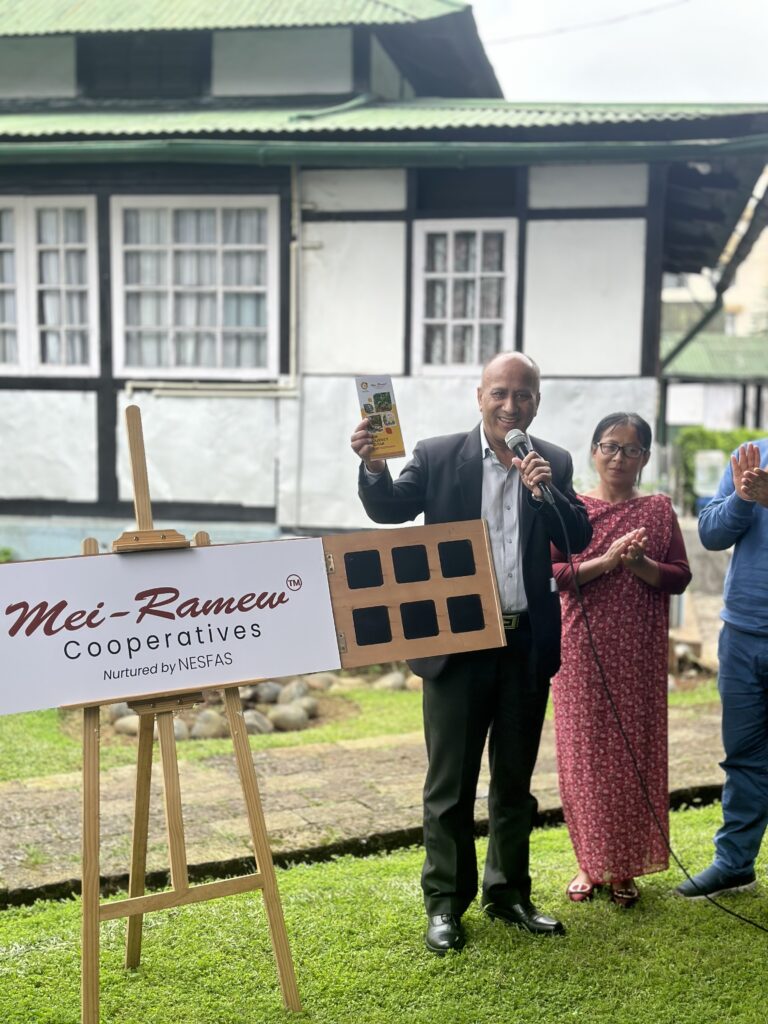
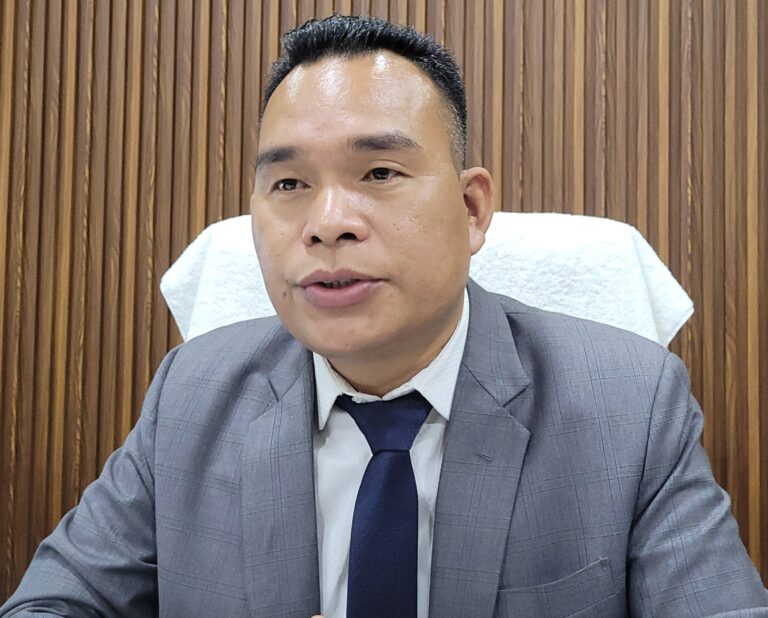
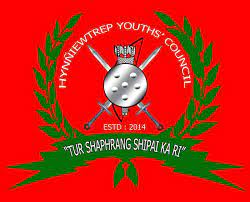


+ There are no comments
Add yours